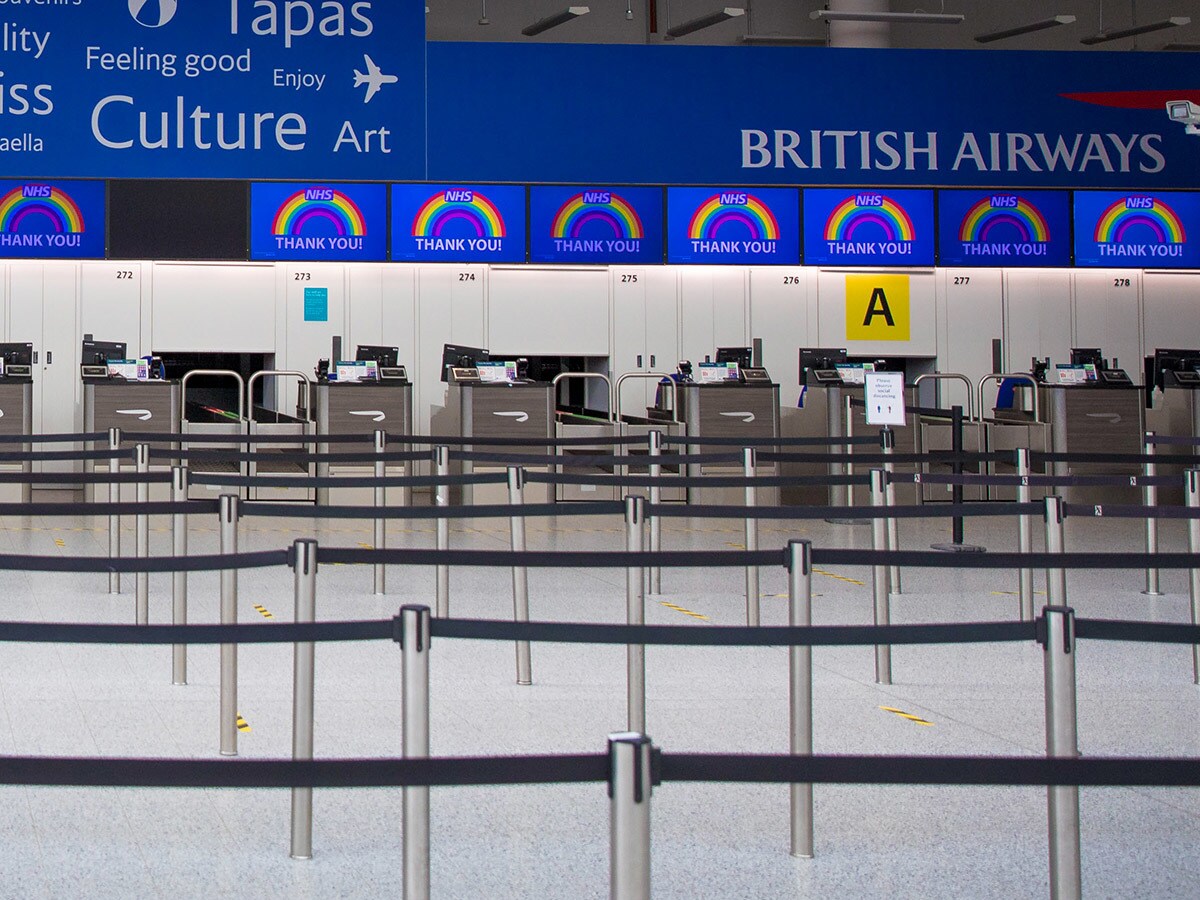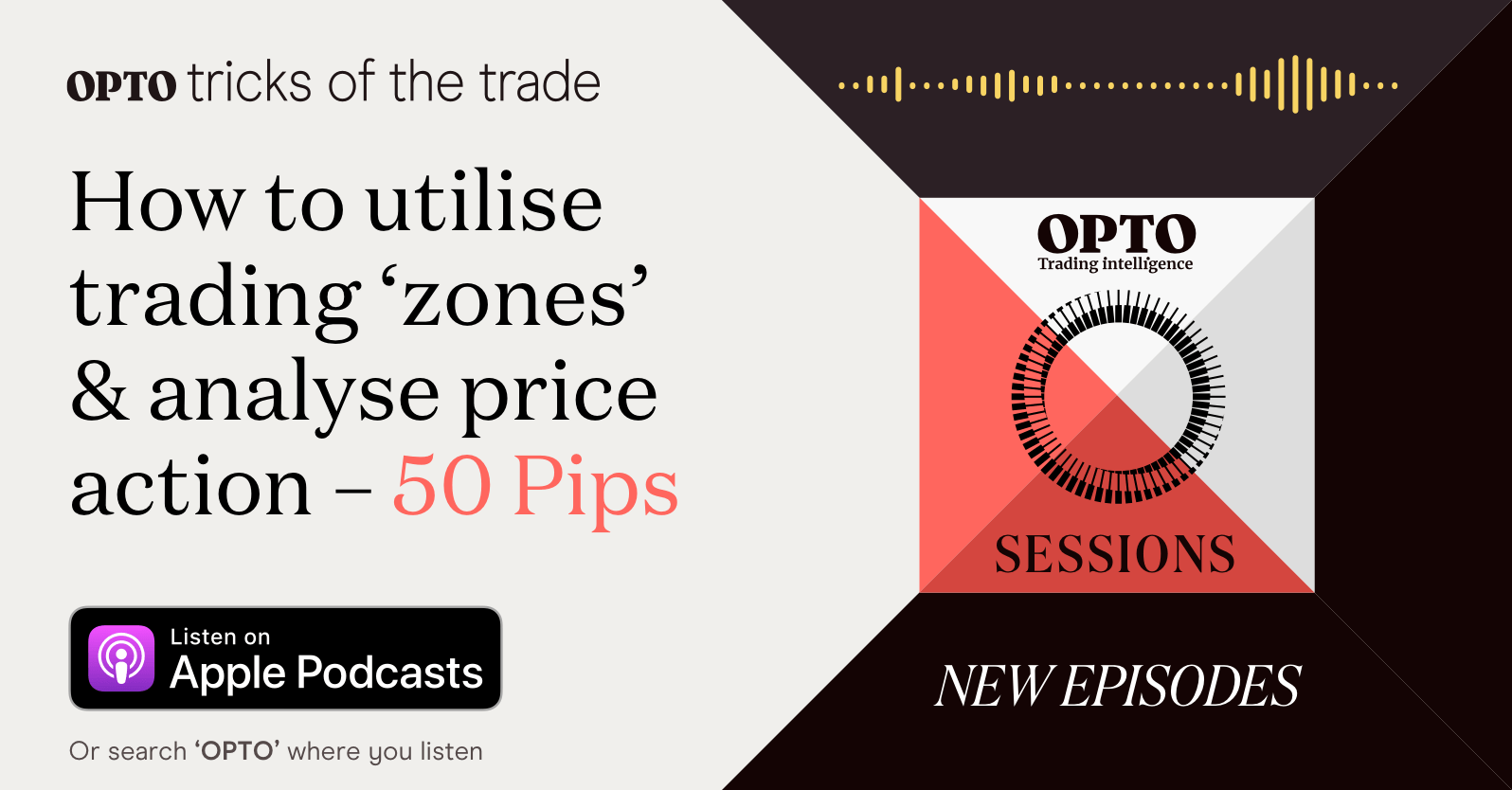International Consolidated Airlines Group [IAG] is one share price that looks in precarious health since the coronavirus swept across the globe. The parent company of British Airways, Iberia, Vueling and Aer Lingus saw passenger capacity of its airlines slump by 94% from late March as fleets were grounded and travel bans around the world were enforced.
It’s share price followed as these measures caused a punishing selloff of IAG’s stock and investors scrambled to make sense of the magnitude of the situation.
IAG’s share price slumped 87.9% from the start of the year to a low of 168.2p in mid-May. While it has since recovered 36% (through 28 May’s close), it’s still down 64% for the year. The last time the airline industry was hit with a comparable grounding to this was after the 9/11 terrorist attacks in the US and international airspace was closed.
64%
IAG's YTD share price fall
Early indications of the magnitude the coronavirus crisis has had on the airline industry has not just played out in IAG’s share price, but its quarterly results. At the end of April, the company swung to a big Q1 loss, warning its crown jewel British Airways may cut up to 12,000 jobs in sweeping restructuring measures – a move the Financial Times has calculated as almost 30% of its workforce.
The decision to make redundancies rather than mitigate losses with the UK government’s coronavirus job retention scheme demonstrates fears from industry leaders that rebounds and recoveries may take some time. The airline also said it may move to shutter its Gatwick operations.
IAG’s operating losses in Q1 amounted to €535m, compared with a profit of €135m a year ago. Revenue cratered 13% to €4.6bn. This loss included a charge for fuel hedges. The company withdrew its full-year earnings projections as volatility reigned.
€535million
IAG's operating losses in Q1 vs a €135m profit a year ago
Stock turbulence
This year, the London-listed stock peaked in January. IAG CEO Willie Walsh had expressed confidence in the airline industry in early February, saying the coronavirus – which was at that point only widespread in China – would only have a marginal impact on global travel.
Its share price held steady through the early stages of the pandemic as investors seemed confident in this proclamation. British Airways suspended flights that accounted for around 1% of its total capacity. These included routes between London Heathrow, Beijing and Shanghai.
A bumpy descent from mid-February to mid-March followed as cases of Covid-19 ramped up across the globe. This saw as much as 68.8% erased from the share price’s value as investors fled, seeking safety in haven assets amid volatility. Other stocks performed similarly. Nasdaq-listed Delta [DAL] stock dived nearly 64%, as did American Airlines [AAL].
On 1 May things were looking up, as the Spanish portion of the company secured $1.1bn in state-backed loans from a syndicate of banks to be paid back over the course of five years. This didn’t prompt any movement in the share price however, as long-term prospects for a return to travel had not yet surfaced.
UK government officials have resisted calls for special treatment of the airline industry and have suggested they will only step in if all other avenues have been exhausted. Announcements from different countries about the potential lift of travel bans as well as news of vaccinations emerging have factored into the share price’s slight recovery in recent days. Sentiment has improved in the travel industry in general as lockdowns around the world are beginning to ease.
Recovery runway
Since February, IAG has changed tack, saying there is a high level of uncertainty about how long coronavirus will impact the industry, and the extent of the economic crisis. It did not provide profit guidance for 2020.
CEO Walsh has made a name for himself as a tough negotiator, meaning investors will have some confidence going forward. He was meant to step down in March of this year but has continued at the helm to see the company through the worst of the pandemic. He is now due to step down in September 2020, when Luis Gallego, Iberia’s current CEO, will take over.
In Gallego’s first year as CEO of Iberia, he cut the airline’s losses by half and transformed it into one of the world’s most punctual flight operators. His track record should be a good indicator of his plans for the wider company.
IAG recently released a statement confirming it will take several years for passenger demand to return to 2019 levels. Part of the challenge will be regaining consumer confidence in flying. Historically in the face of crises airlines have opted to stimulate the industry with offers and price reductions on flights to lure customers back in.
However, Walsh has said that because of the magnitude and unprecedented nature of this crisis, it is still too early to say how customer attitudes to flying will change.
In its 7 May earnings call, IAG announced it expects it will resume part of its operations in July at the earliest, as governments around the world hint at measures to open up economies and travel. It also noted that by Q3 IAG expects to be operating at about 45% of capacity compared with the same quarter in 2019. In Q4 it expects it will be up to 70%. For the year, the company said it expects capacity to be 50% lower compared with 2019.
Walsh said on the call: “At this stage, we do not expect the level of passenger demand that we saw in 2019 to recover before 2023.”
“At this stage, we do not expect the level of passenger demand that we saw in 2019 to recover before 2023” - IAG CEO Willie Walsh
Analysts’ overview
Despite Goldman Sachs’ downgrade of IAG at the end of April to neutral, sentiment among brokers remains optimistic. Consensus among analysts polled by Hargreaves Lansdown for May showed a rating of buy.
Analysts polled by MarketWatch have also rated it as a share price to buy, although the proportion of analysts rating it as a ‘buy’ has dwindled somewhat over the past few months.
Analysts at MarketBeat gave the stock a consensus share price target of £467.50 — a potential upside of 87.9% from its current price of £248.70 at close on 27 May.
Lots of unknowns remain about the airline industry and nobody knows when travel will return to normal levels. Questions have also been raised about whether companies can survive in their current form. With a historically valuable stock, this could be a good opportunity to invest in something that can only go up, as countries start to loosen lockdowns.
| Market Cap | £4.577bn |
| PE ratio (TTM) | 1.44 |
| EPS (TTM) | 160.10 |
| Quarterly Revenue Growth (YoY) | -13.80% |
IAG share price vitals, Yahoo Finance, 29 May 2020
Disclaimer Past performance is not a reliable indicator of future results.
CMC Markets is an execution-only service provider. The material (whether or not it states any opinions) is for general information purposes only, and does not take into account your personal circumstances or objectives. Nothing in this material is (or should be considered to be) financial, investment or other advice on which reliance should be placed. No opinion given in the material constitutes a recommendation by CMC Markets or the author that any particular investment, security, transaction or investment strategy is suitable for any specific person.
The material has not been prepared in accordance with legal requirements designed to promote the independence of investment research. Although we are not specifically prevented from dealing before providing this material, we do not seek to take advantage of the material prior to its dissemination.
CMC Markets does not endorse or offer opinion on the trading strategies used by the author. Their trading strategies do not guarantee any return and CMC Markets shall not be held responsible for any loss that you may incur, either directly or indirectly, arising from any investment based on any information contained herein.
*Tax treatment depends on individual circumstances and can change or may differ in a jurisdiction other than the UK.
Continue reading for FREE
- Includes free newsletter updates, unsubscribe anytime. Privacy policy






